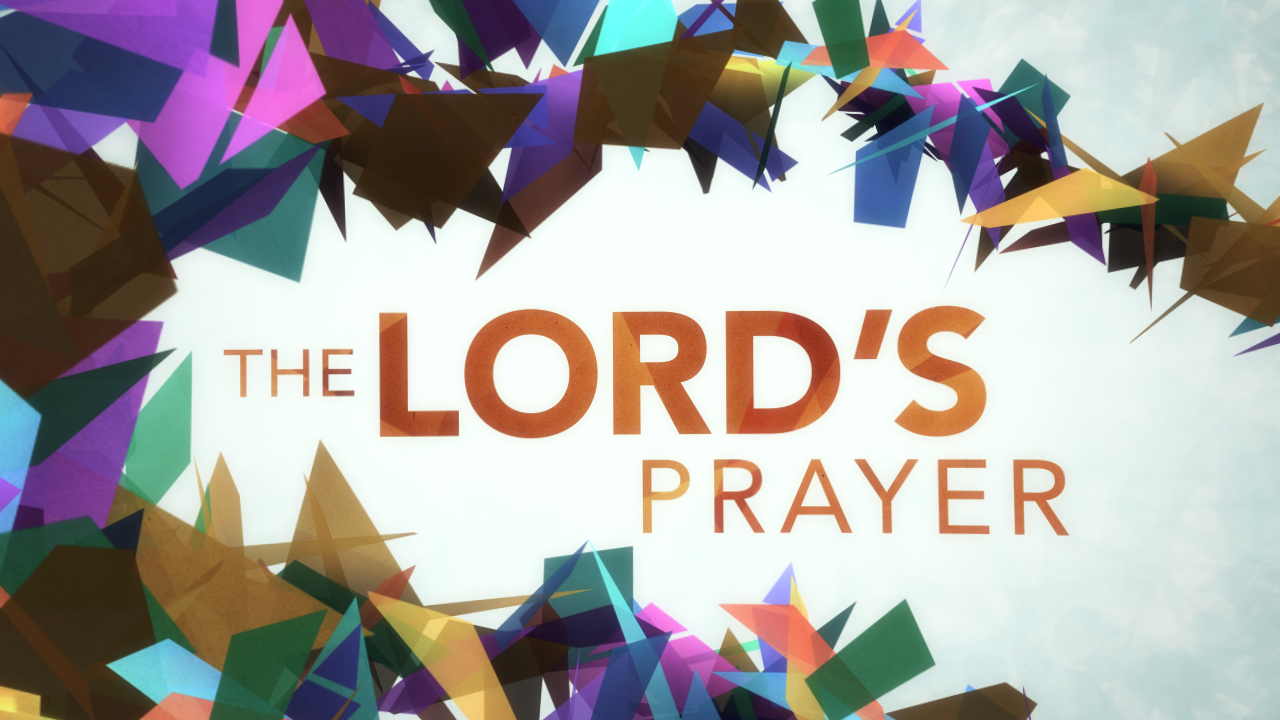-
Man's Desires, God's Will Series
Contributed by Christian Cheong on Feb 20, 2017 (message contributor)
Summary: When man's desires take precedent, we lose sight of God's will. We need to "sanctify" our desires by seeking God to know His will and surrender our will to His ways.
Man has his desires, God has His will. Our desires do not always sync with His, of course.
• We can have godly desires, knowing what God wants. We can have ungodly and selfish ones, driven by what we want.
• There is nothing wrong with human desires; God made us with such longings.
• But our desires need to be “sanctified” so to speak, so that we know God’s will and wants what God wants, because that’s good. That’s why God made us.
We are going to see today a very torn David.
• He knows he need to defend his Kingdom. But on the other side, his enemy is his son.
• On one side, we have man’s desires - our wishes, our wants, and our longings. We want things our way.
• Yet on the other side, we know we have God’s will. And very often, God’s plan and His ways are very different from ours.
We see this confusion over the next two chapters. Man’s desires versus God’s will.
Read 2 Sam 18:1-5.
• Absalom is determined to kill him. David organises his army into 3 divisions. His men suggest that he remains in the city (Mahanaim).
• And then he gave a very odd and difficult command - “Be gentle with the young man Absalom for my sake.” And all the troops heard the king giving orders concerning Absalom to each of the commanders. (18:5)
DILEMMA 1: TO FIGHT OR NOT TO FIGHT (Be Gentle with him)
In those days, to kill the King signal the end of the war. The battle is won. But now they are told to be gentle with Absalom.
• So are they going to fight him and spare him? Can this conflict be resolved without Absalom removed, who is so bent on killing David?
• What are the consequences? How can his men go to war with such an injunction?
We have no answer to these. When man’s desire clashes with God’s will, there won’t be clarity. Man sees only what they want.
• The dilemma stems from man’s desire. David was so carried away by what he wants, that he did not consider the consequences.
• It apparent that the author wants to highlight to us these confusing situations when man’s desires get in the way of God’s plan.
He leads us into another very torn situation – 2 Sam 18:9-15. (Explain as we read)
• The battle was highly successful. David’s men had a great victory; Absalom and his army was badly defeated.
DILEMMA 2: TO KILL OR NOT TO KILL
Joab decided to do what was sensible and necessary in battle - kill your enemy.
• He did it quickly and sounded the trumpet. That signalled the end of the war.
And then comes the 3rd confusing situation – what message are you going to send back to the King – we won the war, or his son is dead. Read 2 Sam 18:19-33.
DILEMMA 3: TO TELL OR NOT TO TELL.
It’s a long one. The author devotes so much space to these rather insignificant details to highlight the dilemma – how would the King react?
• You have WHO to go, WHAT to say, HOW they are going to say it, and WHO will reach the KING first – the one bearing good news, or the not-so-good news?
• What is consider GOOD NEWS? We won the war! Or, the enemy is dead!
When man’s desires takes precedent, we don’t really know. When everyone does what they like, there will likely be chaos and confusion.
• We see that in the news every day, when man’s desires take centre-stage and God’s will is pushed to the back.
That’s not the end. The confusion is heightened in 2 Sam 19. Read 2 Sam 19:1-8.
DILEMMA 4: TO CELEBRATE OR NOT TO CELEBRATE (Mourn)
The scene is almost comical. The victorious army returns with singing and celebration, until they reach the city and learn that the King is actually mourning.
• He is not at the gate to welcome the soldiers back, which is what the King will do in victories. The soldiers had to sneak into the city quietly.
• In fact, they felt ashamed to be so happy, because the King is grieving and mourning.
Are we to celebrate the victory or mourn for the death of the enemy?
• Joab stepped in and put it bluntly – “It looks like you would rather hear that your entire army was slaughtered and your son Absalom was alive, than to learn that your army had won and that Absalom was dead.”
• That rebuke awakens David. He finally, he saw the bigger picture. He saw the God picture, so to speak.
• He went out, took his seat at the gateway, and congratulated his army.

 Sermon Central
Sermon Central



